
President Nana Addo Dankwa Akufo-Addo is expected to inaugurate 10 factories as part of the government’s district industrialisation programme (DIP) called the ‘One District, One Factory’ initiative in June this year.
This follows a GH¢45 million initial commitment from the government to facilitate the launch of the programme which seeks to create about 1,296,000 direct and indirect jobs nationwide.
“Ten factories will be ready as part of the government’s district industrialisation programme (DIP), called ‘One District, One Factory” project in June this year,” the National Coordinator of the initiative, Mrs Gifty Ohene-Konadu, disclosed to the Daily Graphic last Wednesday in Accra.
She observed that the interest in the programme had so far generated investment pledges and commitment to the tune of US$3 million, with one-third being from foreign investors.
“We have also begun receiving enquiries about our work. On average, we have about 30 enquiries a week on what we have to offer and what role entities and individuals can play in order to benefit from it,” she said.
As a result, she indicated that about 40 business plans had been sent to the secretariat of the One District, One Factory initiative at the Presidency for consideration and approval.
Promoting industrialisation
The national coordinator explained that the programme would see the establishment of medium to large-scale factories in each district of the country, and would be driven by the private sector.
“This is intended to promote rapid industrialisation at the district level, driven by strong linkages to agriculture and other natural resource endowments to create jobs and wealth,” she said.
The One District, One Factory initiative was one of the major campaign promises of the New Patriotic Party (NPP) ahead of the December 2016 general election.
The party, led by President Akufo-Addo, said it was optimistic it would help reduce unemployment in the country.
The President’s agenda explicitly recognises the crucial role district industrial development plays and values the role of agriculture and natural resources, as well as the vast potential of rural people as proxies of industrial transformation, employment and wealth creation.
To do this, therefore, the policy is targeted at the district level, so that every local government area would be on the way to a certain level of self-sustainability in providing opportunities for its inhabitants.
The benefit of the factory in every district in particular, as well as additional ones in metropolitan and municipal areas, which typically already have one, will add to the country’s Gross Domestic Product (GDP) and engender positive growth indicators.
President Nana Addo Dankwa Akufo-Addo is expected to inaugurate 10 factories as part of the government’s district industrialisation programme (DIP) called the ‘One District, One Factory’ initiative in June this year.
Read Full Story

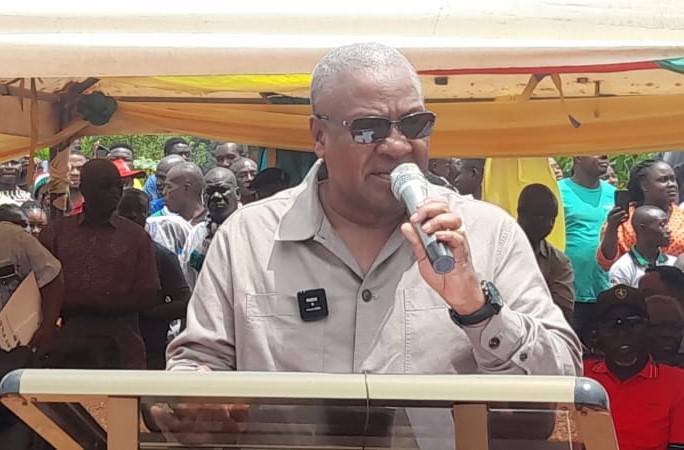
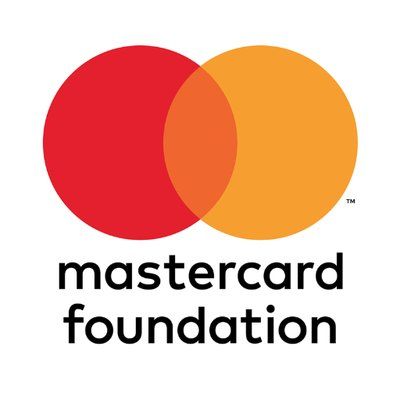

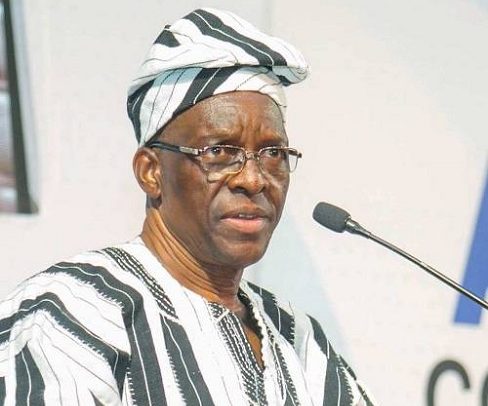
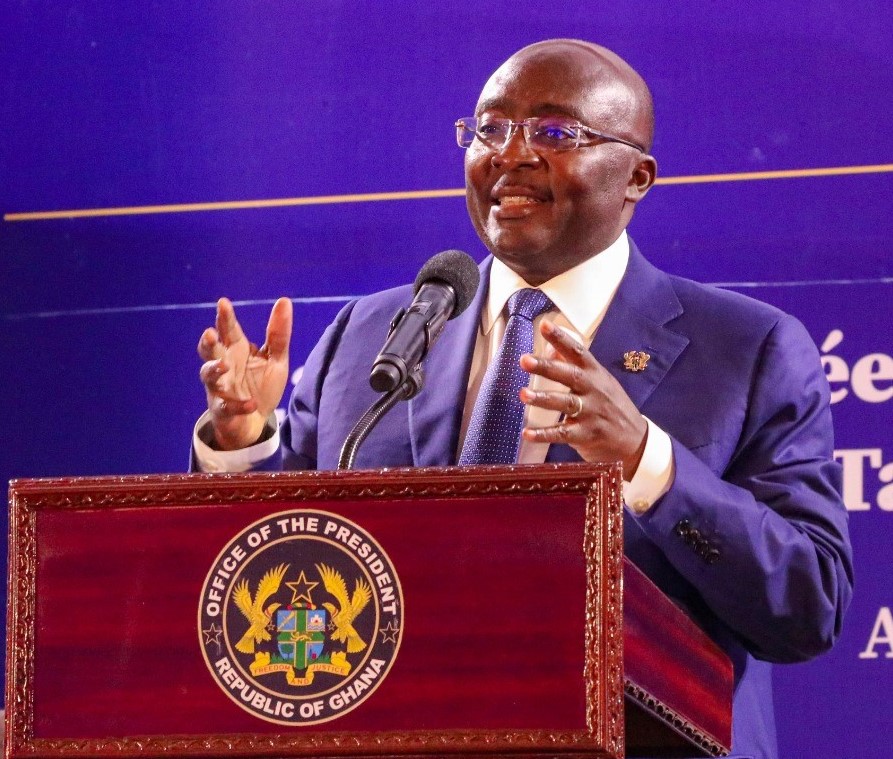


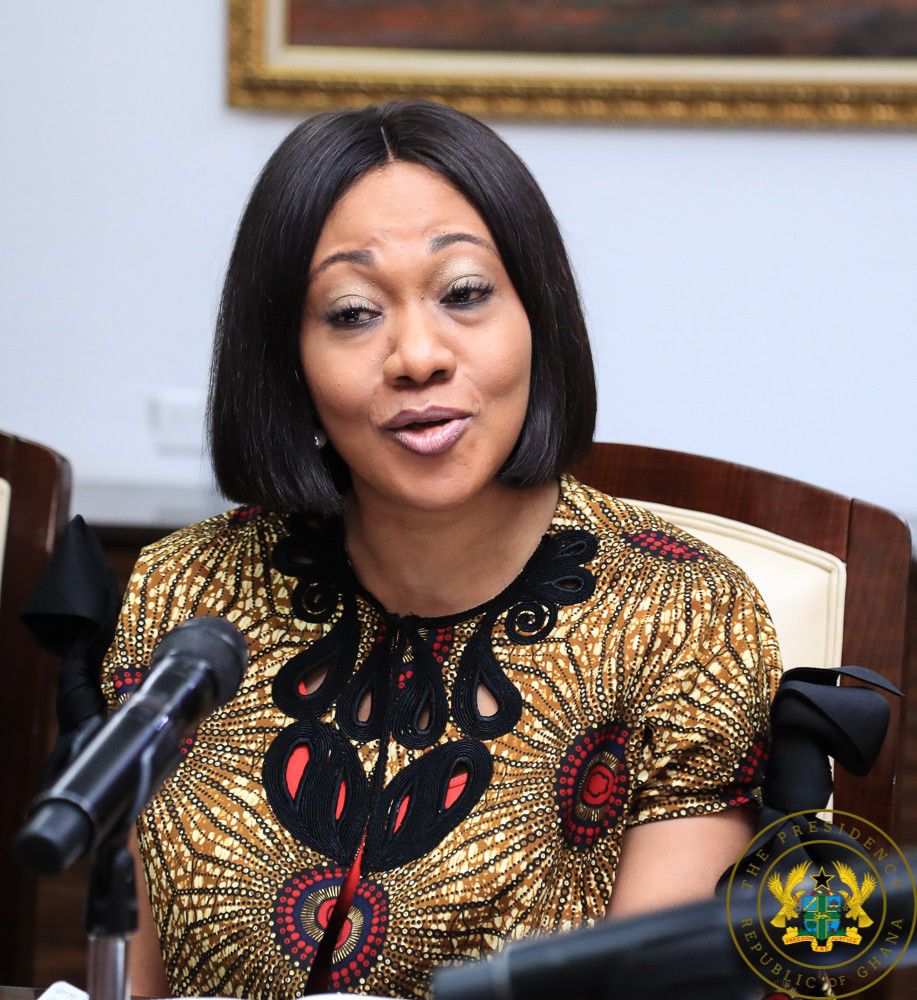




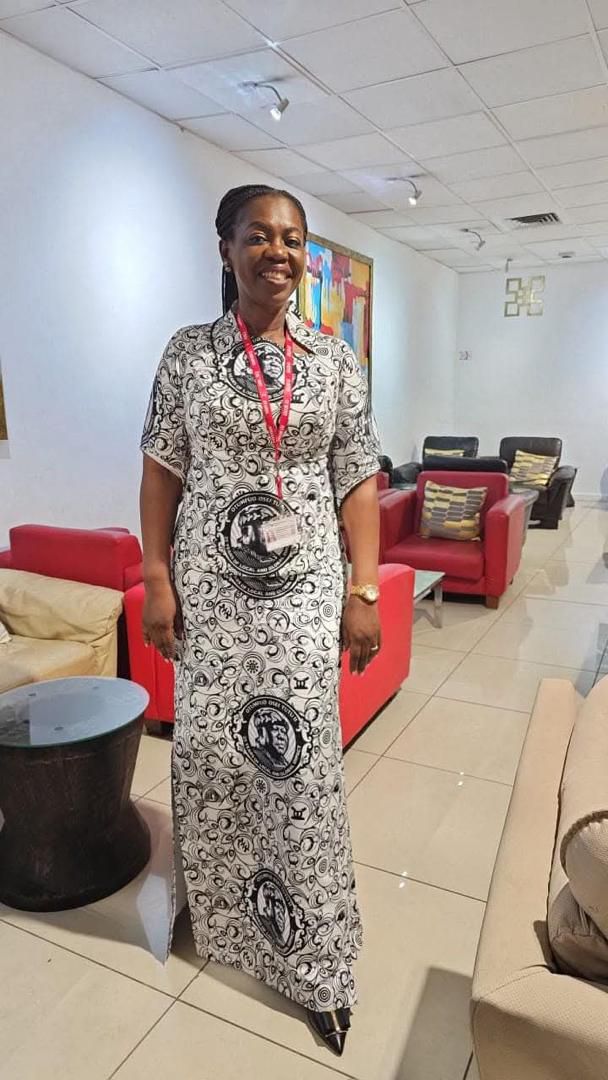

Facebook
Twitter
Pinterest
Instagram
Google+
YouTube
LinkedIn
RSS